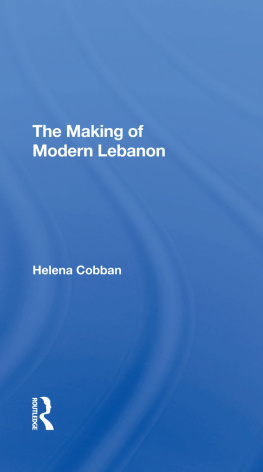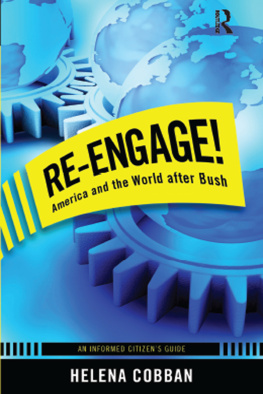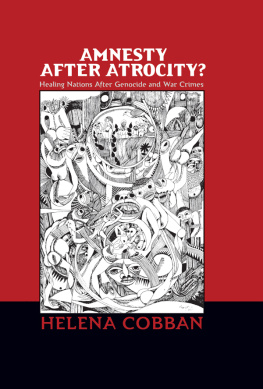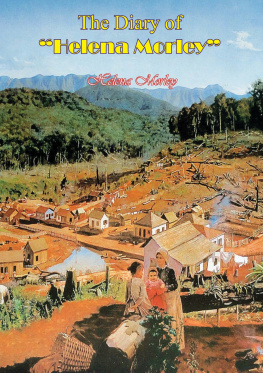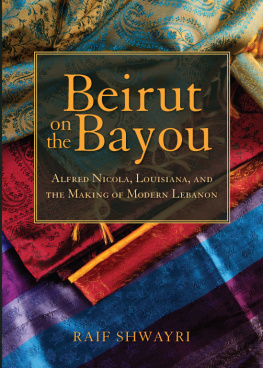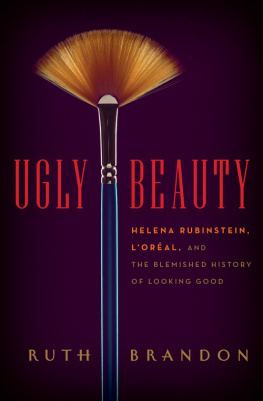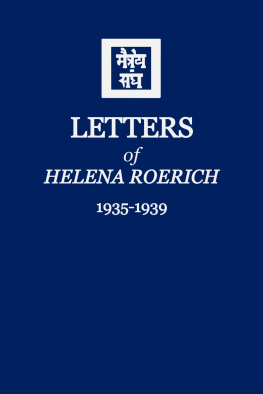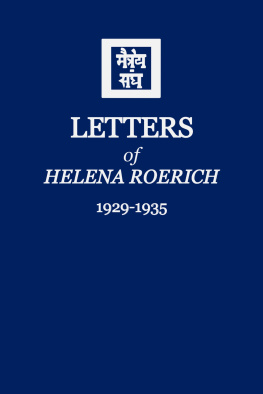First published 1985 by Westview Press, Inc.
Published 2019 by Routledge
52 Vanderbilt Avenue, New York, NY 10017
2 Park Square, Milton Park, Abingdon, Oxon OX14 4RN
Routledge is an imprint of the Taylor & Francis Group, an informa business
Copyright 1985 Helena Cobban
All rights reserved. No part of this book may be reprinted or reproduced or utilised in any form or by any electronic, mechanical, or other means, now known or hereafter invented, including photocopying and recording, or in any information storage or retrieval system, without permission in writing from the publishers.
Notice:
Product or corporate names may be trademarks or registered trademarks, and are used only for identification and explanation without intent to infringe.
Library of Congress Catalog Card Number 85-51254
ISBN 13: 978-0-367-29371-0 (hbk)
I lived in Lebanon from 1974 to 1981. Those were exciting, invigorating and - yes - sometimes terrifying years. After a few months studying Arabic, I worked as a journalist, covering Lebanese and Middle Eastern developments in some detail for the London Sunday Times, the Christian Science Monitor, and other publications.
This immersion in detail was extremely valuable from one point of view. I came to meet most of the protagonists in the Lebanese drama in person; and was able, through my constant travels around the country and my many lines into the country's ever-active political gossip network, to work out my own rough and ready way of assessing their actions. Still, many things about the country continued to puzzle me: what I was seeing and living through was very different indeed from the rosy picture portrayed in much recent Western writing on the subject.
After I left Lebanon, I continued to follow the country's affairs closely. So when Roger Owen, Director of the Middle East Centre at St Antony's College, Oxford, and Mark Cohen of Hutchinson's proposed that I write a country study of Lebanon for their new series, I jumped at the opportunity. I knew, even at that point, that in order to make sense of such a study, I would have to start learning rapidly about the historical antecedents of Lebanon's present woes; and I relished the idea of locking myself into a library with that in mind. I am grateful to the Center for Contemporary Arab Studies (CCAS) at Georgetown University for giving me an honorary position there for the year 1983-4, which came with full library privileges.
Luckily, in the course of this historical reading, I found answers to many of the specific questions which had been nagging me about Lebanon, and a general perspective within which I could slowly start making sense of the experiences I had lived through in the country. In the process, I became humbly appreciative of the insight shown by such distinguished historians as Albert Hourani of Oxford, and Kamal Salibi of the American University of Beirut.
In the summer of 1983, I spent a month pursuing my researches in Beirut, During that time, I enjoyed the generous hospitality of Malik Khoury, to whom I am very grateful. In his family's gracious old Beirut residence, I appreciated both the sense that I was in town at a time when new developments were starting to stir, and the more arcane historical pleasure of living in the country's former presidential palace - with the first hand-painted example of the cedar-tree flag of the Republic of Lebanon mouldering (slightly) in its frame out in the hallway. What echoes those marble floors still preserved!
Many of my Lebanese friends and acquaintances gave me a considerable amount of their time during that month. Among them, let me give particular thanks to fellow journalists Michel Abu Jawdeh, of -Nahar', Joseph Abu Khalil of 'Al-Amal', Sijaan Azzi of 'Voice of Free Lebanon', and Elias Khoury of 'Al-Safir'; researchers Ahmad Beydoun of the Lebanese University, Salim Nasr of CERMOC, and Ghassan Salame of the Universit St Joseph and the American University of Beirut; former Premier Selim al-Hoss, and veteran commentator Munah Solh.
After returning to Washington, DC my connection with the CCAS gave me continued access to the wisdom many of its staff members have accumulated on Lebanese political affairs. In particular, I profited from comments made by CCAS Director Michael C. Hudson and Visiting Professor Marius Deeb. In April 1984, the CCAS organized a symposium on Lebanon, which gave me a valuable opportunity to bounce some of my evolving ideas off (among many others) key-note speaker Albert Hourani, and Fuad I. Khuri and Kamal Salibi, both of the American University of Beirut.
Hourani, and Roger Owen, both worked diligently through portions of my original manuscript, making many useful suggestions. I am very grateful indeed for their help and support in this project. I am also grateful to my friend and 'general reader' Jean Van Wagenen, who tried to keep my prose style clear.
Finally, and above all, I want to record the role played by my husband William B. Quandt, who supported me in every way possible, even to the point of living closely with the Lebanon question himself throughout the year that I was writing the book. To him, and in the hopeful spirit of new beginnings, the book is therefore dedicated.

Map The Lebanon
Lebanon: the name means 'milky-white' - apparently in reference to the snowy caps which grace the country's mountain peaks for more than half the year.
How apt that the country should take its name from an attribute of these peaks! For it is the steeply soaring uplands of Lebanon which have, throughout history, provided that refuge for the heterodox which is the very basis of 'Lebanon'.
History is important in Lebanon, and doubly so in sorting out the apparent paradoxes of the recent period of troubles. For example: between 1975 and 1983 something like 2 per cent of the entire Lebanese population was killed by their fellow Lebanese citizens - to say nothing of the many thousands more who died at the hands of the Israelis, the Syrians, Palestinians or other outsiders. It was a period of chronic personal trauma for most Lebanese, of deep social and political upheaval, as well as mass violence.
Yet throughout that same period there was never any serious challenge to the bedrock of the country's political system.
Certainly, separate groups within Lebanon did indeed, in recent years, welcome the interventions of Israel or Syria in their country's affairs. But no significant Lebanese group called, during that whole period, for the integration of their country into the political system of either of these larger and more powerful neighbours.
There were political killings aplenty, and the national army disintegrated completely twice during that period. But the only coup attempt which took place, in early 1976, was at best a half-hearted affair, intended more as a theatrical adjunct to the civilian political process than as a serious attempt to bring the military to power.
More surprising than all this: not only were there no serious challenges in this whole period to the liberal democratic constitution under which Lebanon has been governed since 1926, but in 1976 and then twice in 1982 the Lebanese Parliament was able to hold presidential elections in full accordance with this constitution. True, the Parliament's own claim to legitimacy was becoming increasingly tenuous, since it had been prolonging its own term yearly since the original date of expiry in 1976. And true, in 1976 it had been able to meet only under the barrels of Syrian guns, and in 1982 under Israeli guns.



